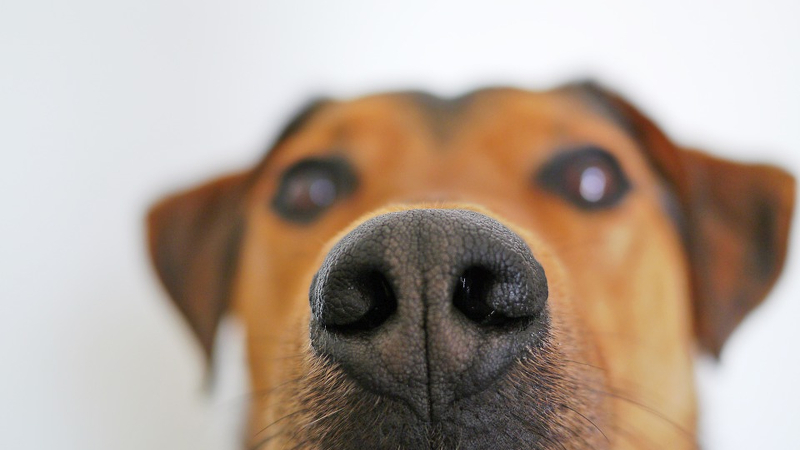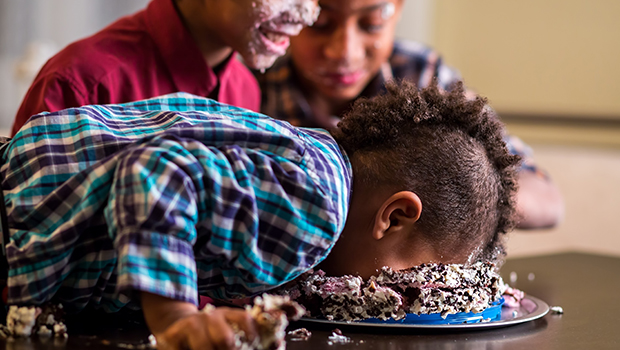low blood glucose
How to Avoid Overcorrecting for a Low Blood Sugar Level
How To: Advise My Helpers of Low Blood Sugars
This section is for everyone and their helpers.
If you are seriously impaired your helpers may need to give you glucose gel by rubbing it inside your cheek. Tell them not to put it beyond your teeth in case they get bitten.
If you are unconscious it is important that nothing is administered by mouth in case you choke.
Glucagon administration is now necessary. Are all your helpers trained how to use this?
If there is no clear improvement in ten minutes with glucagon they must dial 999 / 911 and get you to hospital.
After glucagon administration you can feel very sick indeed. Metoclopramide tablets or injection may be necessary. Your doctor may prescribe this for self administration at these times and if you vomit.
You will also need to build up your glycogen stores by eating your normal diet for 24 hours and meticulously avoiding low blood sugars during this time. You will need to do more frequent testing eg every 2.5 hours instead of the usual pattern and you would correct for lows but not highs.
Children don’t have much glycogen to mobilise so if they have a severe hypo the best thing may be to get them straight to a hospital instead of waiting for glucagon to work.
Hypoglycaemia unawareness can occur more frequently in people who have chronically high or low blood sugars. Beta blockers can also cause this. Aiming for normal blood sugars long term if they are too high and correcting for levels below 4.0 every time can help.
After any episode of hypoglycaemia you need to figure out why you went so low so you can sort out any problems or plan to do things differently.
You may not catch every hypo but you will reduce the frequency and severity of every hypo by doing this.
Common Causes of Hypoglycaemia
- Too long a delay in eating your meal after an insulin injection.
- Delayed stomach emptying after a meal.
- Eating less than you planned for the given insulin dose.
- Drinking too much alcohol. What is too much? More than just one unit for many insulin users. Sorry.
- Hormonal changes in certain phases of the menstrual cycle.
- Sudden return to normal after a period of insulin resistance such as when recovered from an illness.
- Injecting from a new bottle of insulin when the old one had lost some of its effectiveness.
- Switching insulin types without considering different potencies of different insulins. Eg lispro and aspart the rapid acting analogues have 150% of the potency of regular insulin. Levemir has 75% of the potency of Lantus.
- Taking too much insulin.
- Not rolling cloudy insulin suspensions adequately.
- Mistakenly injecting insulin into a muscle.
- Lying too long in a hot tub.
- Effects of exercise that have not been covered by sufficient insulin reduction or carbohydrate intake.
- Injecting near a muscle that will be strenously exercised.
- Some medications cause hypos.
- Some insulins are not as stable as you would like and are more prone to giving hypos eg NPH.
- Two different carers give someone their insulin without checking first.
Quick Quiz:


